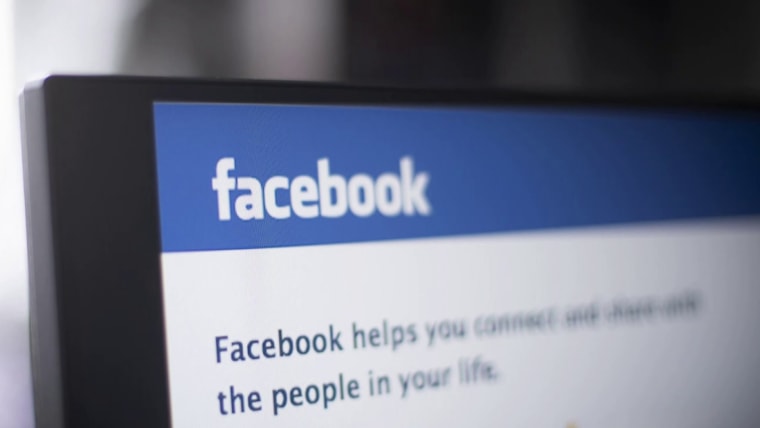Rep. Rashida Tlaib, D-Mich., on Tuesday called for social media companies to stop censoring Palestinian political speech on their platforms.
The congresswoman cited a report released last week by 7amleh, a nonprofit that focuses on Palestinians’ digital rights, highlighting more than 500 reports of censorship of Palestinian political speech during this month’s conflict between Israel and Hamas.
This included the deletion of posts and accounts, restriction of distribution of content and the hiding of hashtags on Instagram, Facebook, Twitter and TikTok. She added that her inbox was “filled with reports” of similar takedowns of accounts highlighting “violence against Palestinian people.”
“I write with urgent concern regarding reports of Facebook, Instagram, Twitter, and TikTok censoring content and disabling user accounts on your respective platforms that are raising awareness about recent Israeli state-backed violence on the Palestinian people,” Tlaib wrote in a letter addressed to the parent companies of the social media platforms and published on her website and Twitter feed.
“It is not enough to continue to blame technical errors and automated systems and algorithms,” she added.
Tlaib also pointed to a New York Times report describing extremist Israeli groups using Facebook-owned WhatsApp to coordinate violent mob attacks on Palestinians as an illustration of a “disturbing double-standard.”
“I cannot understand how Facebook can justify censoring peaceful Palestinian voices while providing an organizing platform for extremist hate,” she said.
Tech companies have been closely watched for how they have moderated their platforms during the conflict, much of which has spilled over into social media and messaging apps. That has made the companies targets of growing political pressure, a dynamic that has also played out in other conflicts including unrest in India.
The situation in Israel has been particularly sensitive. In early 2020, delegates from the Israeli government traveled to Facebook’s California headquarters to discuss the adoption of a definition of antisemitism that treats criticism of Israel and Zionism, a political ideology, the same as racism toward Jewish people.
According to documents outlining Facebook’s content policies leaked to The Intercept earlier this month, the company appears to equate the word “Zionist” with “Jew” in some contexts — a policy Tlaib described as “false and dangerous.”
Facebook spokesperson Claire Lerner told The Intercept that critical discussion of Zionists was permitted but not when the word was being used as a proxy for Jews or Israelis.
Tlaib’s letter includes questions seeking clarification from the companies about the role of human moderators versus automated systems and the level of subject-matter expertise included in content moderation teams.
The social media companies have also faced criticism from disinformation experts for allowing misinformation about violence between Israelis and Palestinians to flourish and inflame an already tense situation.
“Defending and respecting the voices of the people who use Twitter is one of our core values,” Twitter spokesperson Elizabeth Busby said in a statement. “We take the concerns raised seriously and work to be transparent in how we enforce our rules. If we take enforcement action in error, we work expeditiously to reverse and/or restore access to affected accounts.”
Busby added that Twitter intended to respond to the Tlaib.
Facebook spokesperson Andy Stone acknowledged that there had been “several issues” affecting people’s ability to share on its apps, including an error that temporarily blocked content from being viewed on the Al Aqsa mosque hashtag page and a glitch that affected Stories.
“While these have been fixed, they should never have happened in the first place,” he said. “We’re so sorry to everyone who felt they couldn’t bring attention to important events, or who felt this was a deliberate suppression of their voice. This was never our intention – nor do we ever want to silence a particular community or point of view.”
He added that Facebook has a dedicated team including Arabic and Hebrew speakers “closely monitoring the situation on the ground” and “making sure we’re removing harmful content while addressing any enforcement errors as quickly as possible.”
TikTok did not immediately respond to a request for comment.
Source: | This article originally belongs to Nbcnews.com










